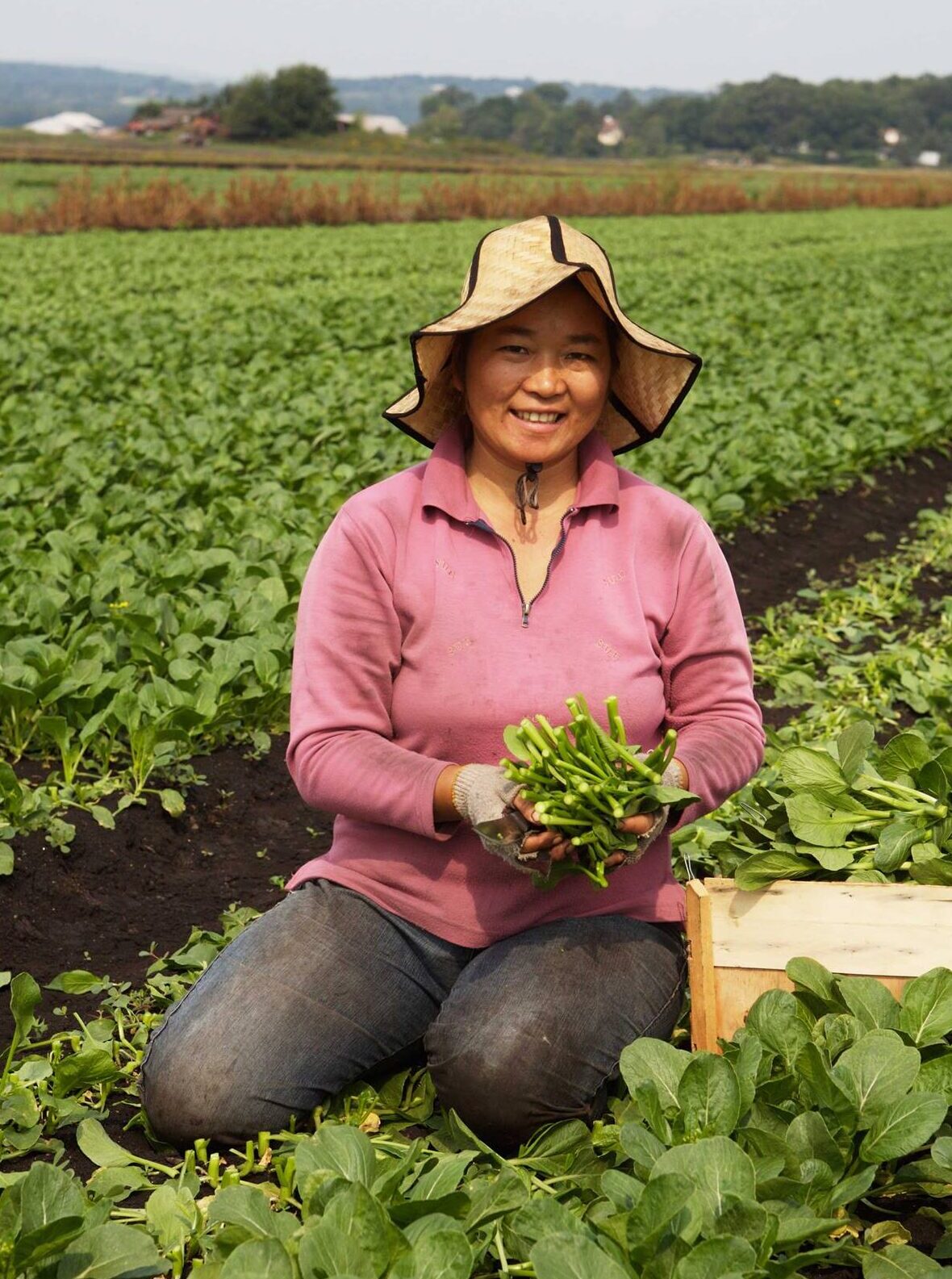Our Impact
NCFH’s mission is to improve the health of farmworker families. As part of our mission, we strive to have a positive impact on all of America’s farmworkers, organizations who serve farmworkers, and within our own communities.

Year in Review: NCFH is happy to share our 2023 Impact Report! This report captures all of the work done in the last year and focuses on four main areas: Capacity Building, Health Promotion & Education, Farmworker Outreach, and Research & Data Collection.
Through our Increase Access to Care (IAC) Program, NCFH provides IAC training and technical assistance to help health centers modify their current systems and registration processes to better identify, classify, and report MSAW patients in the Uniform Data System (UDS). To learn more about IAC Trainings, please click here.
NCFH has collaborated with numerous partners including the Association of Diabetes Care and Education Specialists (ADCES), the American Diabetes Association (ADA), and University of Texas Health Science Center at Houston among others, to prevent, manage, and treat agricultural worker populations impacted by chronic disease, including diabetes.
Since 2020, NCFH has collaborated with the Centers for Disease Control and Prevention (CDC) to support outreach and education services to community-based organizations around the country.
Through our Call for Health (Una Voz para la Salud) nation-wide program, NCFH offers free, bilingual health information and referrals to farmworkers and their families.
One of NCFH’s primary areas of focus is to function as a subject matter expert on agricultural worker health issues for the network of health centers and other organizations serving the agricultural worker community. NCFH provides technical assistance, training, and engages in a variety of collaborative activities with both Health Centers and other organizations serving farmworkers.
In 2023, NCFH provided the following to health center program grantees in order to enhance their ability to address the health needs of farmworkers and their families:
Learn more about our Training and Technical Assistance services here.
Small Group Trainings provide participants with regular training sessions, technical assistance, and time to strategize with and learn from peers around the country.
Our Small Group Trainings have had 366 Participants!